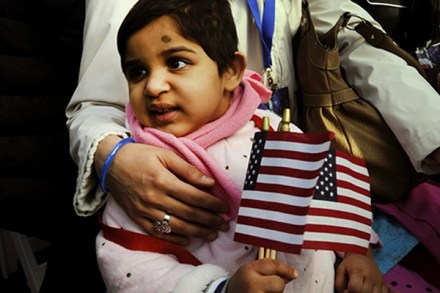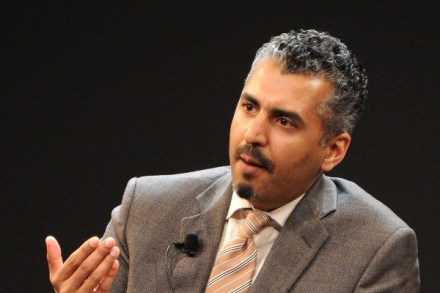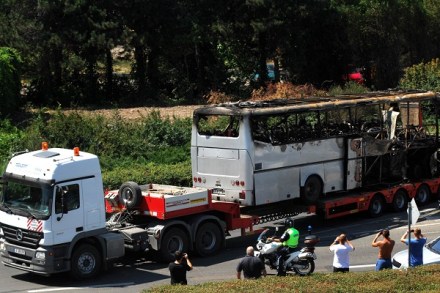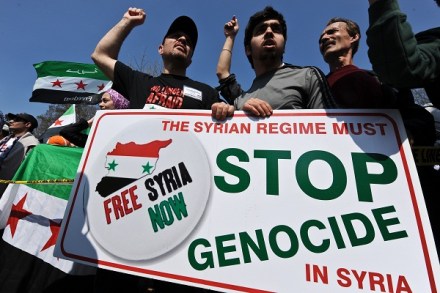George Galloway’s awfulness
George Galloway’s awfulness falls into two categories. First there is the serial dictator-licking. This is a man so profligate, not to say promiscuous, in his affections that he has in succession fawned over Saddam Hussein, Bashar al-Assad and Mahmoud Ahmadinejad. Then there is the personal vileness — pretending to be a dirty cat on live television (still, after all these years, impossible to watch), explaining his curious notions of when rape is, and is not, rape, and using vulgarly dismissive terms about disabled people. The strange thing about this is that though the former is, I suggest, in the great scheme of things the worse stuff, it is always the



















